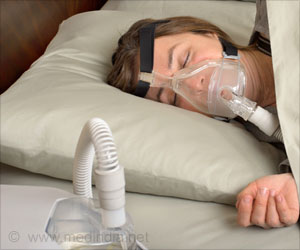A short course of Cognitive Behavioural Therapy could help in treating insomnia, says guidelines published in the
.
‘Cognitive Behavioural Therapy helps improve insomnia and overall quality of life. It could be more feasible than treatment with sedatives.’
“We are aiming to provide GPs with more information, accessible guidelines, and tools, as well as referral and treatment options to manage insomnia with CBTi,” says lead researcher Dr Alex Sweetman from Flinders University.
Cognitive Behavioural Therapy is a type of intervention where strategies that alleviate mental health are adopted in the treatment of patients. The authors have crafted a clinical review for General Practitioners (GPs) that includes a step-by-step approach in using Cognitive Behavioural Therapy for Insomnia (CBTi) .
The highlights from the review are,
Cognitive Behavioural Therapy for Insomnia (CBTi) can improve insomnia, mental health, overall quality of life.
Brief Behavioural Therapy for Insomnia (BBTi) program, a four-session cognitive behavioural therapy will be much more exclusive and cost-effective in treating insomnia.
Meanwhile, experts from Adelaide Institute for Sleep Health (AISH) and some other institutes have enrolled 2044 adult Australians to study further about complex cases of combined insomnia, and sleep apnoea (COMISA) . The findings of that study showed that those conditions are associated with increased medical and psychiatric co-morbidity, as well as poor general health.
Source: Medindia



